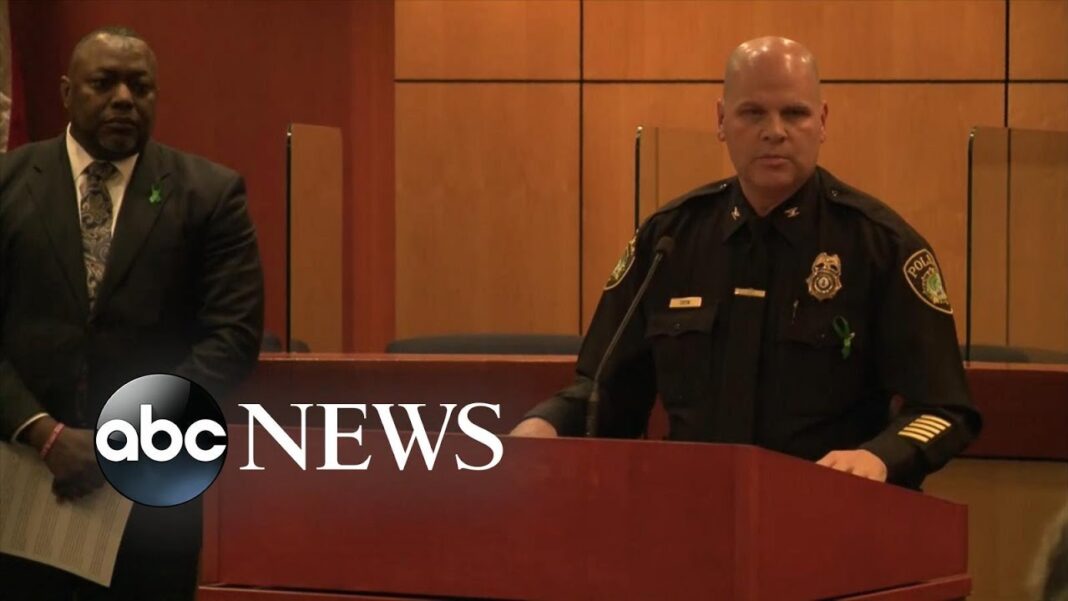‘Real and chilling impact’ and ‘setting a very bad precedent,’ says commentator
Wang Liqiang, who publicly defected from Beijing on Australian national television, has been denied asylum.
The Administrative Appeals Tribunal (AAT) said Wang could not be granted refugee status despite having “well-founded” concerns about returning to China because he committed fraud before entering Australia on a tourist visa, The Daily Telegraph reported.
The AAT also doubted Wang’s espionage claims and questioned how it could “safely find that (Wang) was engaged in espionage activities.”
Wang defected to Australia in 2019 and provided an unprecedented account of the Chinese Communist Party’s (CCP) influence operations overseas.
In an interview with The Epoch Times, the then 27-year-old talked about how he had become disillusioned by the CCP’s totalitarian agenda which led to his decision.
“As I grew older and my worldview changed, I gradually realised the damage that the CCP’s authoritarianism was doing to democracy and human rights around the world,” Wang, the first Chinese spy to go public with his identity, said.
“My opposition to the Party and communism became ever-clearer, so I made plans to leave this organisation.”
“I thought and rethought it time and time again,” he said. “I wondered if this decision would be a good thing or a bad thing for my life. I couldn’t tell you definitively, but I firmly believe that if I had stayed with [the CCP], I would come to no good end.”
The Australian Department of Home Affairs rejected Wang’s asylum application over an alleged fraud committed against Sydney businessman Filip Shu.
Wang now faces potential deportation back to China.
Espionage in Hong Kong and Taiwan
“My jaw dropped as I read Wang’s 12-page Chinese-language confession and plea for help,” wrote Alex Joske, a former analyst at the Australian Strategic Policy Institute.
Other than admitting to being a CCP agent, Wang also disclosed to Australian immigration officials the communist regime’s espionage activities in Hong Kong and Taiwan.
By Cindy Zhan
Read Full Article on TheEpochTimes.com








